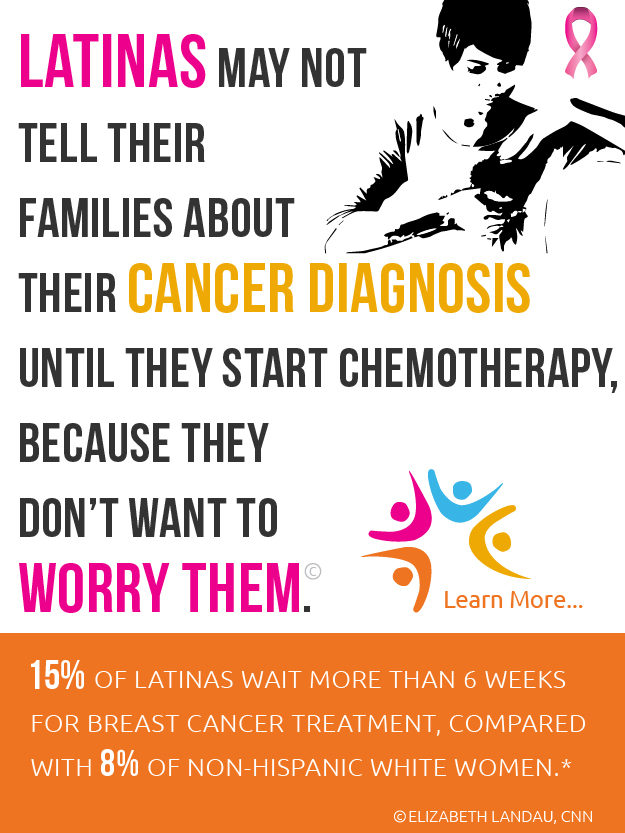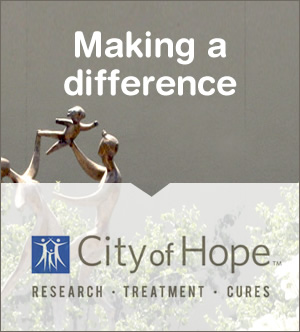Breast Cancer Awareness
Together We Can Defeat Cancer
14/04/2015 10:14pm | 8002 viewsOf all the cancers, breast cancer is the primary cause of death for Latino women in the U.S., while colorectal cancer is the second most common among men and women. With early detection and treatment, survival rates skyrocket.
Breast Cancer Awareness
Bridging The Gap In Breast Cancer
29/04/2015 10:52am | 8104 viewsBreast cancer research has fueled advances in early detection, prevention and treatments that have had a significant impact on many women. In the U.S. alone, there are nearly three million breast cancer survivors today; however, in spite of this trend, not all women experience the same good fortune. Disparities in breast cancer health, care and survival still exist across various populations, in particular the Hispanic community.
Breast Cancer Awareness
Latina Breast Cancer – Key Differences in Current Behavior
29/03/2015 09:30am | 7617 viewsA few weeks ago we released some research on Latina awareness of issues surrounding breast cancer as part of our commitment to the Passionate Pursuit of Prevention campaign being undertaken by Healthy Hispanic Living and its partners. We found that, overall, Latinas are less concerned about getting breast cancer than their non-Hispanic white cohorts. Other issues such as diabetes, heart disease and high blood pressure were more top-of-mind for them than the risk of getting breast cancer.
We wanted to see if these lower levels of concern among Latinas also translated into fewer preventative behaviors and found some significant differences between Latinas and other ethnic groups as well as among different segments within the Latina community.
Breast Cancer Awareness
Living with Breast Cancer
04/03/2015 03:13am | 7972 viewsIn late 2013, a mother of a friend was dealing with breast cancer while my mom was battling her second round of chemotherapy which had not worked and instead the cancer had metastasized.
Breast Cancer Awareness
The Stigma of Male Breast Cancer: Yes, Men Get it Too!
01/02/2015 12:54pm | 9653 viewsMuch has been said about defective BRCA1 and BRCA2 genes recently and the greater risk of breast cancer that runs in some families, but the focus on women fails once again to acknowledge that men too can suffer from this disease.








